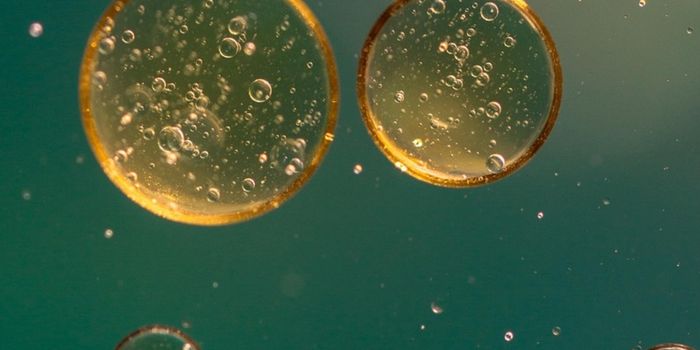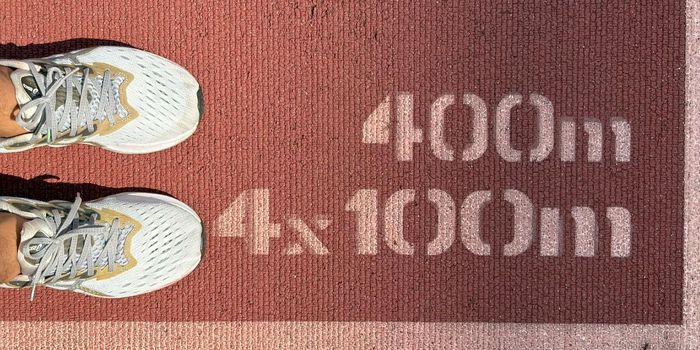Fatty NK Cells Can't Target Cancer
Scientists have found yet another link between obesity and cancer. Obesity has long been known to increase the risk of coronary heart disease, stroke, type 2 diabetes, and even premature death. Recently cancer has also been added to this list. It is estimated that up to 49% of some cancers are directly caused by obesity. Previously, researchers hypothesized that overproduction of cytokines, adipokines (such as leptin), and insulin produce an environment that is favorable for tumor growth. Now, Michelet et. al. have shown in Nature Immunology that a high fat diet and obesity also affect the immune system’s ability to destroy cancerous cells by blunting the function of natural killer (NK) cells.
NK cells are members of the innate immune system. They have earned their deadly moniker as a result of their ability to secrete cytokines and chemokines that kill cells via granzyme B-perforin or death receptor pathways. NK cells are important for targeting both infected and cancerous cells, thus impeding their function can promote cancer incidence and progression.
To study the effects of obesity on these innate immune cancer fighters, Michelet et. al. fed mice a high fat diet to induce obesity and determined the effects on NK cells. A high fat diet reduced the number of circulating NK cells and induced the upregulation of lipid transport and lipid metabolism genes while also downregulating genes involved in effector functions.
They next examined human NK cells isolated from obese and age-matched lean individuals. Obese individuals had less circulating NK cells and those NK cells were less effective at targeting tumor cells.
A high fat diet was responsible for the impairment in NK cell function. When human NK cells from a lean individual were incubated with free fatty acids, these NK cells readily took up the lipids and subsequently loss perforin and granzymes which crippled their killing ability. Incubation with glucose, or insulin had no effect. A “lipid rich environment” also inhibited mTORC1 activation, necessary for NK cell effector function.
In vivo experiments using mice corroborated their observations. Ex vivo activated splenic NK cells were able to control tumor growth in a murine model of melanoma. But when splenic NK cells were incubated with free fatty acids prior to transfer, they could not control tumor growth. Similarly, obese mice had a greater tumor burden than lean mice in that same melanoma model.
So a high fat diet and obesity both negatively affect NK cell number and function, and this is due to a switch to lipid metabolism. In fact, when free fatty acid impaired human NK cells from lean donors were treated with etomoxir, which blocks lipid transport, NK cell glycolysis and toxicity were restored. Thus free fatty acid induced impairment is reversible.
In light of what else we know about cancer and diet, it will be interesting to see how this discovery can be translated to the clinic. It was recently discovered that obese individuals tend to respond better to targeted immunotherapy. Could this be because cancer in obese individuals can result from simple immune impairment as opposed to multiple immune evading “hits” in lean individuals? Diet induced obesity has also been shown to affect dendritic cells ability to control tumor growth and free fatty acids affect dendritic cell function as well. And while fasting can promote CD8+ T cell tumor toxicity, sickness associated anorexia actually worsens cancer treatment outcome. Is a low-fat diet beneficial for cancer outcome and can weight intervention improve cancer outcome? One thing is for certain, I will be thinking twice before I choose fast food over eating at home.
Sources: Nature Immunlogy, American College of Cardiology, Science Daily
Check out the video for a crash course on NK Cells









